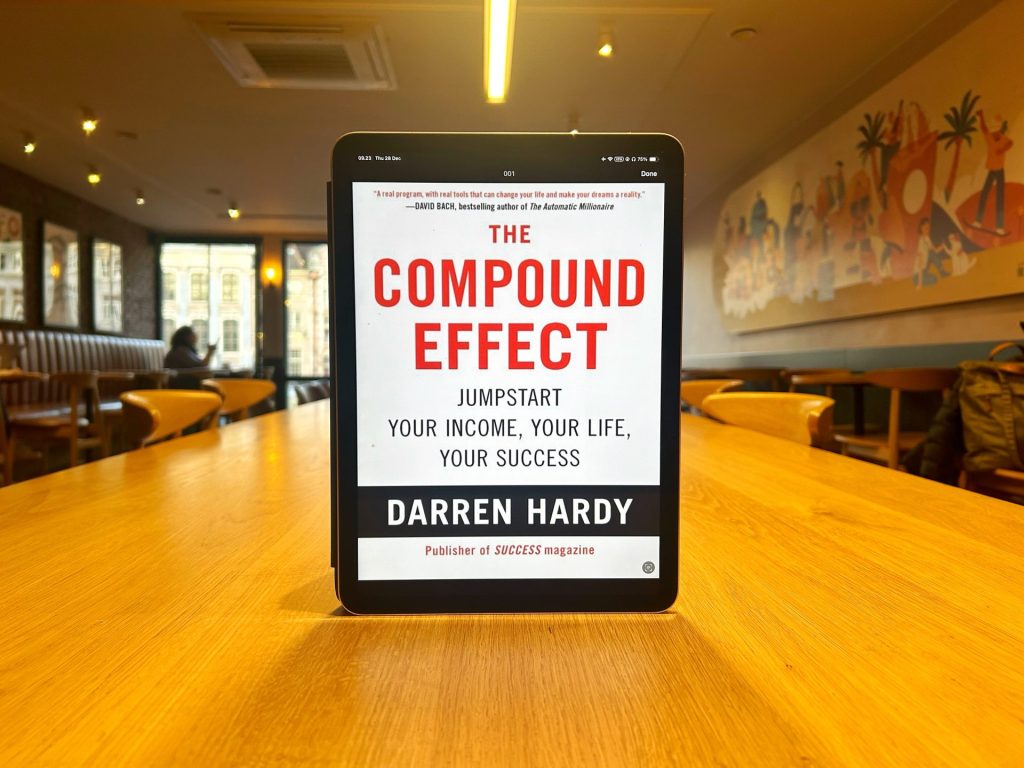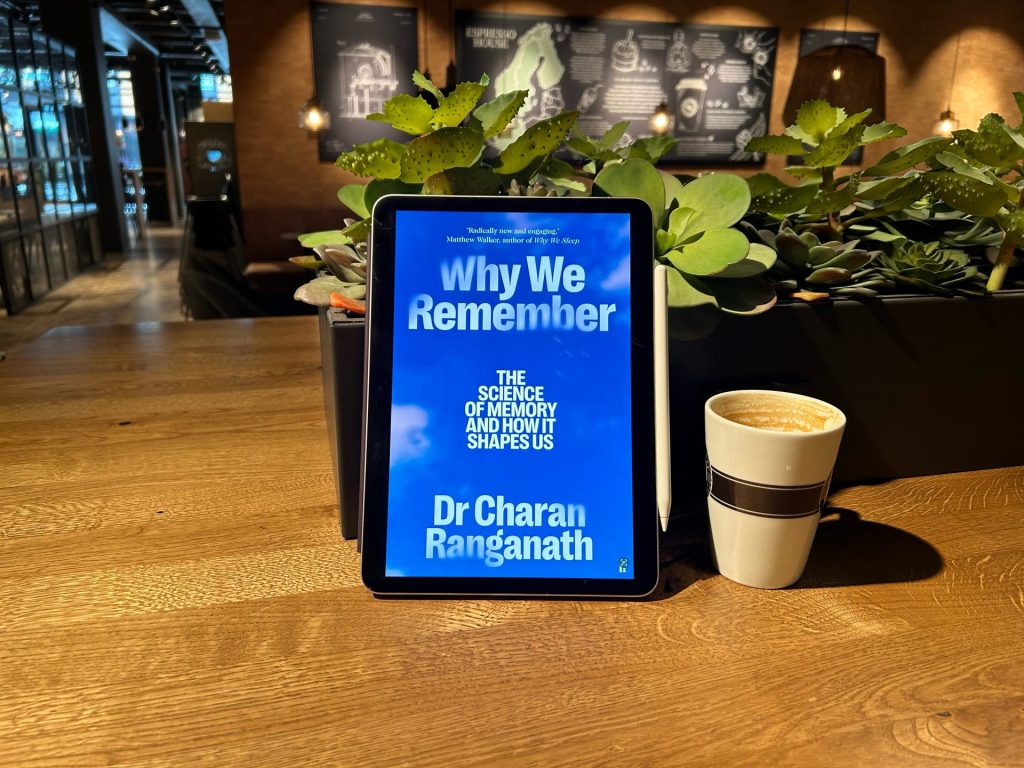Last week, Katalin Karikó was awarded the 2023 Nobel Prize in Physiology or Medicine. While many applauded her pioneering work in developing mRNA vaccines for COVID-19, her personal journey through the world of science captivated just as many. From facing deportation threats, to being dismissed from the University of Pennsylvania, Karikó overcame countless obstacles. Just when I thought I grasped the depth of her challenges, this book offered even deeper insights.
The book starts with her childhood and family background, then moves into the influence of her high school biology teacher, Albert Toth. He introduced Karikó to the work of Albert Szent-Györgyi, the Nobel Prize winner in Physiology or Medicine in 1937 for his discoveries concerning vitamin C and the catalysis of fumaric acid. Additionally, Toth introduced her to “The Stress of Life” by Hans Selye, a resource she frequently turned to during times of pressure.
Karikó grew up to be brilliant. She worked at her dream institution, the Biological Research Center (BRC) in Hungary, funded by Reanal, a Hungarian pharmaceutical company. However, when Reanal withdrew its support, BRC had no choice but to let Karikó go. Determined, Karikó moved to America to continue her scientific journey under Robert Suhadolnik, who ran a biochemistry lab at Temple University.
She later met Paula Pitha-Rowe, a full professor at Johns Hopkins University, who invited Karikó to join her team. However, when Karikó sought Suhadolnik’s blessing to transfer, he caught wind of the opportunity and forced her into a tough decision: stay in his lab or return to Hungary. Suhadolnik’s threats were not empty: he had her job offer rescinded, her name removed from multiple scientific papers, and she received a notice from the US State Department about a potential visa violation. Despite the setbacks, Karikó managed to secure a postdoctoral fellowship in Bethesda, Maryland, though it meant living away from her husband and daughter. She continued to apply for jobs, eventually finding her way to the University of Pennsylvania.
Her journey at the University of Pennsylvania was anything but smooth. She battled to secure funding and faced disparaging remarks about her capabilities. In a particularly disheartening moment in May 2013, she arrived at her neurosurgery department lab only to find her belongings already packed in the hallway.
A person isn’t a better scientist because she publishes more, or first. Perhaps she’s holding back from publication because she wants to be absolutely certain of her data. The number of citations might have little to do with the value of the paper and more to do with external events.
Katarin Karikó, Breaking Through: My Life in Science
Opting to leave Penn, she turned her gaze to the biotech industry. For the first time, she didn’t have to fight to convince people of the potential of mRNA. She eventually joined BioNTech as Vice President, focusing on nucleoside-modified mRNA.
Six years into her involvement at BioNTech, the world faced the COVID-19 pandemic. Karikó, stranded in the US due to closed borders, spent the next ten months guiding her team from afar, working tirelessly to develop a vaccine using a novel platform that demanded new industrial machinery and equipment.
“Breaking Through” is a riveting account of Karikó’s unwavering dedication. Her passion for science, particularly mRNA, shines even in the face of adversity within the challenging realm of academia. The book isn’t just about her struggles; it’s a chronicle of the invaluable lessons derived from them.
“Breaking Through” stands as a tribute to Karikó’s indomitable spirit and her profound love for science. It serves as a poignant reminder of the potency of perseverance and resilience.
Quotes
Sometimes today people ask me what it takes for a woman to be a mother and a successful scientist. The answer is simple, obvious: One need high-quality and affordable childcare, as I had in Hungary.
Katalin Karikó, Breaking Through: My Life in Science
Unfortunately, when great childcare isn’t available or affordable, it is usually the mother who sacrifices herself. The truth is, I have rarely, in all my years in US academia, found families like ours–families in which the husband is the primary caretaker so that the woman can be a researcher.
Sure, you can find families where both parents work high-level jobs. But there’s a catch: That family, the one with two working parents, must already have money. If they don’t have some existing source of wealth? No. you won’t find it. It doesn’t work.
When people look back on my career, they tend to point to only a few contributions, the ones directly related to the breakthroughs that came later. But scientific inquiry is rarely, if ever, linear—especially in basic research.
Katalin Karikó, Breaking Through: My Life in Science





Leave a Reply